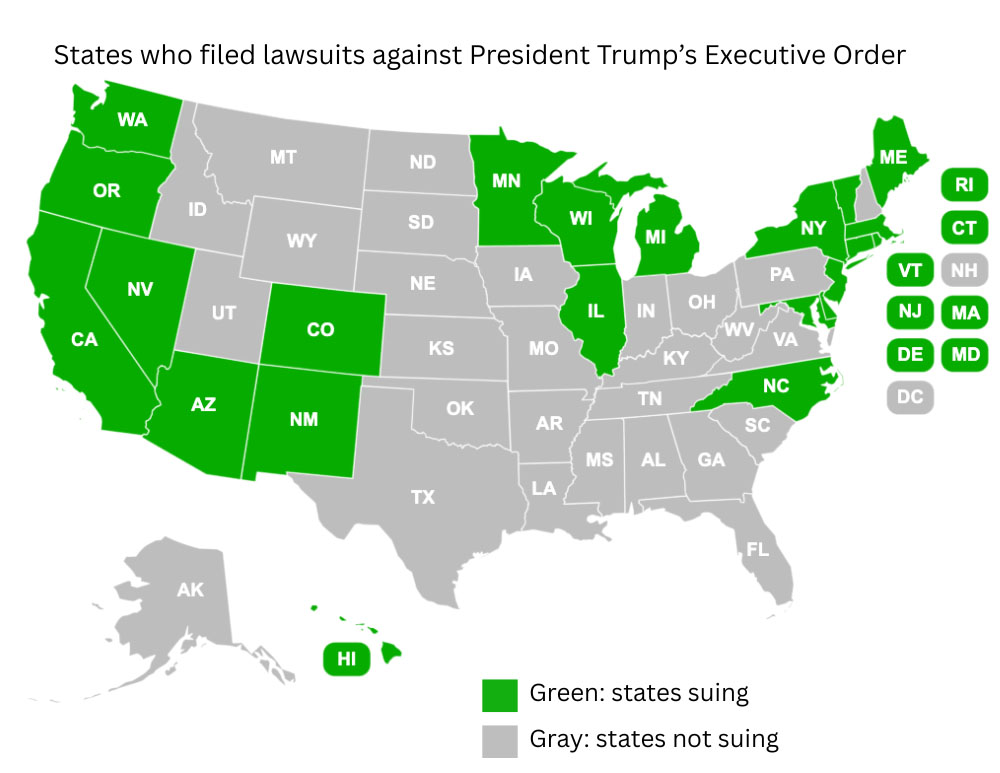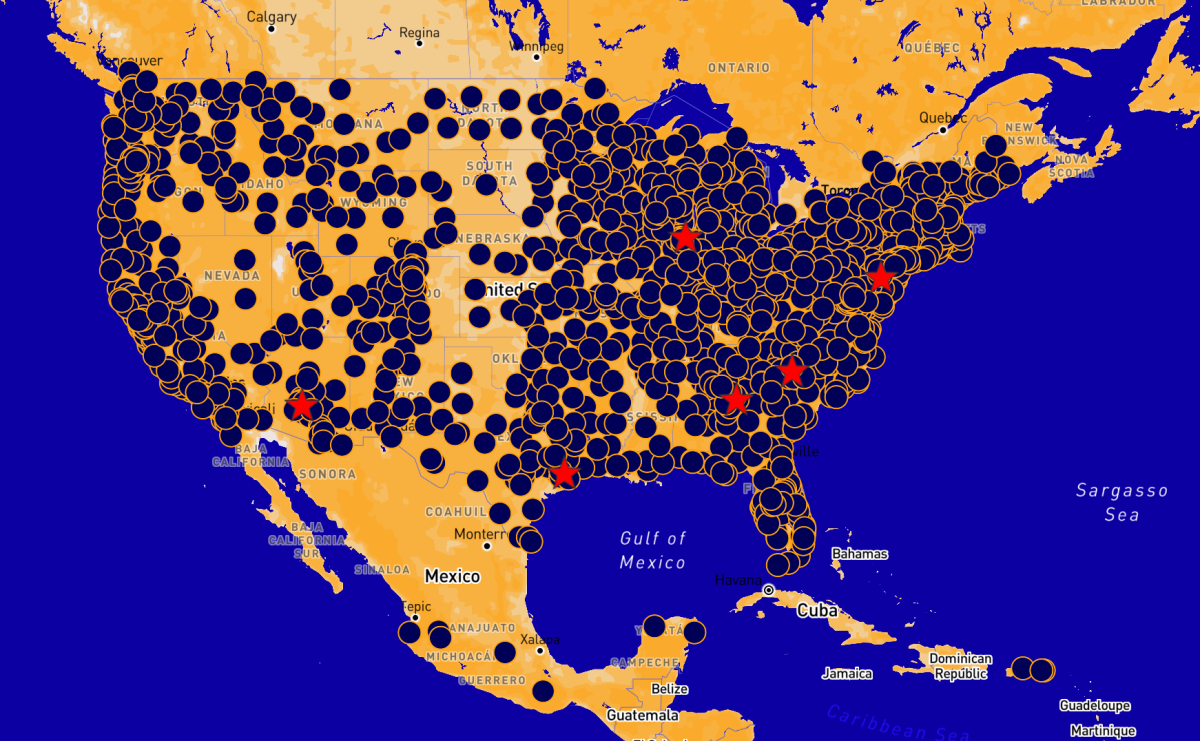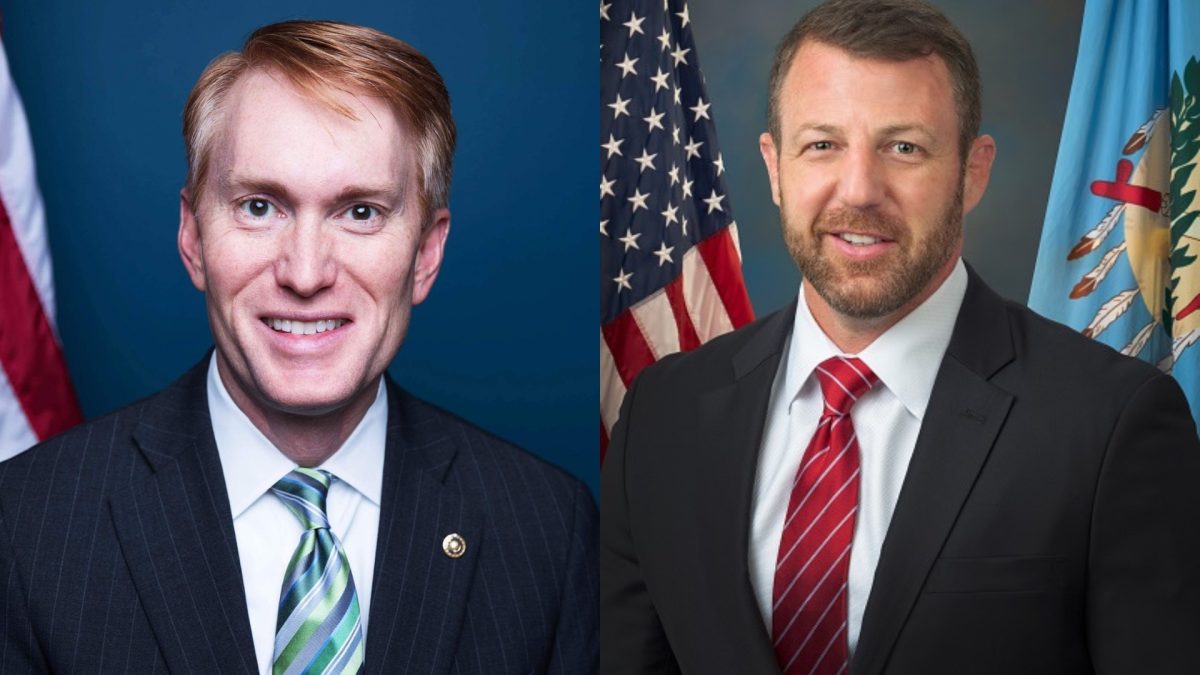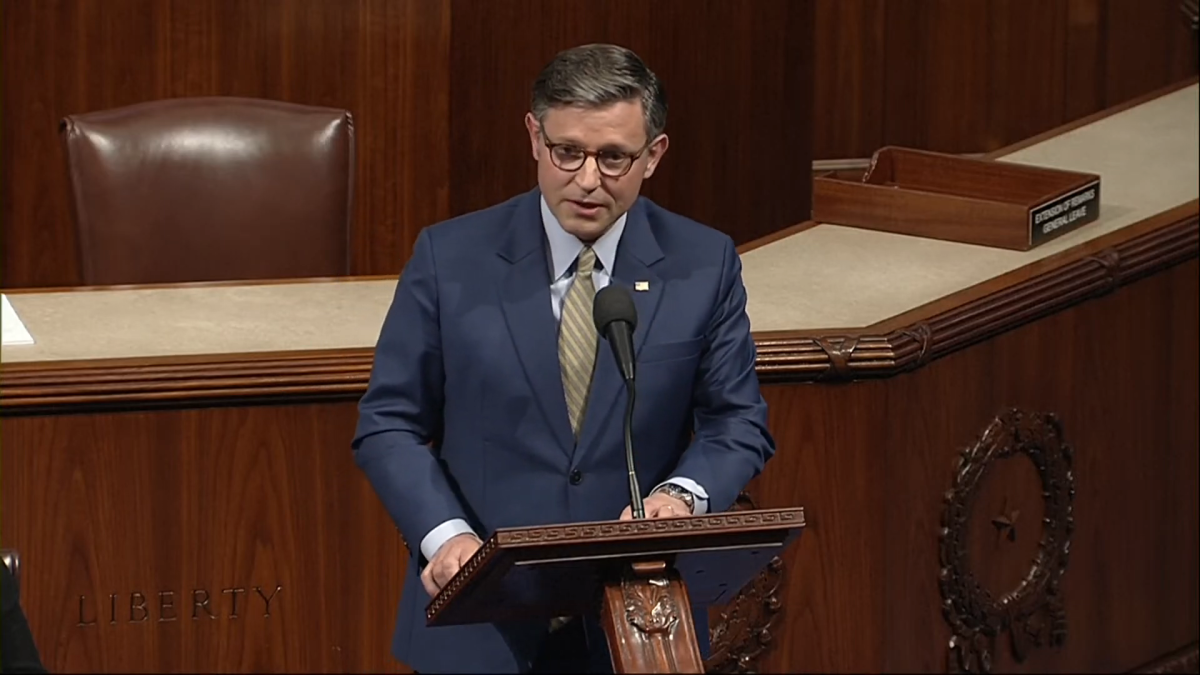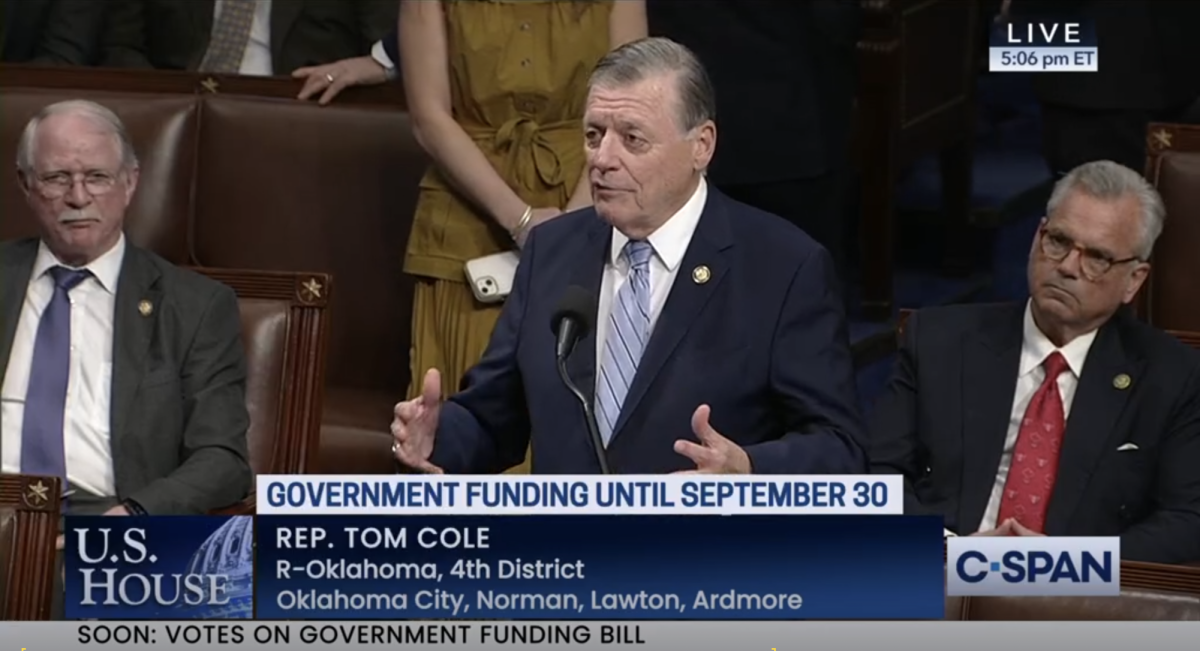WASHINGTON – Lawmakers gave final congressional approval to a $4.59-billion emergency spending bill for a humanitarian crisis at the southern border and senators passed a major defense bill sponsored by Sen. Jim Inhofe (R-OK) that includes benefits for Oklahoma military installations but rejected an amendment requiring President Trump to get congressional approval before taking military action against Iran.
Passed overwhelmingly by an 84 to 8 vote in the Senate and 305 to 102 in a more divided House, H.R. 3401, as amended by the Senate, now goes to President Trump to be signed into law.
Key provisions include $2.88 billion for shelter and care for children taken into custody, $1.1 billion to establish migrant care and processing facilities, $209 million to fund transportation and medial care costs for detainees and conduct operations targeting human trafficking, $220 million to help process immigration cases, $30 million to reimburse state and local governments for expenses linked to recent influx of migrants and $145 million for the military expenses associated with missions along the border.
Inhofe and Sen. James Lankford (R-OK) supported the bill in the Senate, and Reps. Kevin Hern (R-OK1), Tom Cole (R-OK4) and Kendra Horn (D-OK5) voted for it in the House. Reps. Frank Lucas (R-OK3) and Markwayne Mullin (R-OK2) did not vote. Communications Director Patrick Bond said Lucas missed votes during the week for personal reasons.
“Congressman Mullin and his wife left Wednesday to support their son who is representing the United States at a wrestling tournament out of the country,” Communications Director Meredith Blanford said.
In a statement, Cole said he wished agreement on the bill would have been reached before funds were nearly exhausted but expressed relief that both chambers of Congress approved the “desperately needed aid requested by President Trump to manage the humanitarian crisis at the southern border.
“Certainly, members of both sides of the aisle are committed to caring for the vulnerable families and children arriving,” he said.
Hern criticized House Democratic leaders for the obstruction that delayed the bill, adding House Speaker Nancy Pelosi (D-Calif.) no longer has an iron grip on her caucus. In the final House vote on the Senate-amended bill, 95 Democrats and seven Republicans voted against the measure.
Some Democrats wanted provisions offering better protections to children at border facilities. Pelosi conceded the version of the bill approved by the House was not the one she had hoped to push across the finish line but said lawmakers must focus on the children enduring trauma and terror. She vowed to continue the fight for the House priorities moving forward.
Senate approves $750 billion defense bill
Inhofe sponsored the annual National Defense Authorization Act as chairman of the Senate Armed Services Committee. He was joined by Lankford in voting for the $750-billion authorization bill, which passed the Senate by a vote of 86 to 8.

Provisions in S.1790 bill would authorize a 3.1-percent pay raise – the largest in a decade – for the 2.15 million members of the nation’s military, investments in ships, aircraft and other equipment, creation of a U.S. Space Force under the Air Force, and support for U.S. allies to counter strategic competition.
Inhofe singled out specific provision in the bill that would benefit Oklahoma’s military facilities. They include reforms to privatized military housing, which has been an issue at Tinker Air Force Base, corrections to the previously approved direct hiring authority that could benefit Tinker and the McAlester Army Ammunition Plant, language to fully fund the second phase of the Advanced Individual Training Barracks Complex at Fort Sill and the Fuels Storage Complex at the Tulsa International Airport for the Oklahoma Air National Guard.
Inhofe said he looks forward to working with House members to work out differences between his bill and their version.
Senate fails to limit military action
In a roll call that began at about 5 a.m. and was held open for 10 hours to allow senators time to return to Washington and vote, an amendment sponsored by Sen. Tom Udall (D-N.M.) to require
congressional action before President Trump can take military action against Iran failed in a 50-40 vote, 10 short of the required 60-vote supermajority.
Lankford voted against Udall’s amendment; Inhofe did not vote because of a family obligation.
“As we’ve seen from recent attacks, the threats from Iran and its proxies are real. President Trump and his administration have sought to prevent war, responding proportionately and appropriately to these provocations,” Inhofe said in a statement.
“This amendment could have prohibited all hostilities, including options like cyber and intelligence-sharing operations, and tied the hands of the president and the military to respond to a
crisis—ultimately making Iran more hostile and war more likely.”
Lankford said he “will certainly vote against that amendment as it comes up as one of the final amendments to be able to say to our military leadership I will not handcuff you in the face of a threat
that is Iran.”
Despite the failed vote, Udall saw the bipartisan vote in the Senate as a powerful message rebuking the “Trump administration’s march to war with Iran.”
“Congress is not going to roll over for an unconstitutional war,” he said.
Secure elections goal of House legislation
On the House side, members voted to approve H.R. 2722, the SAFE Act, to provide funding assistance to states to secure their elections and, among other changes, require the use of paper ballots.

Rep. Zoe Zofgren (D-Calif.) the bill’s sponsor, cited evidence by the FBI and others about the foreign threats facing U.S. elections.
Critics of the bill expressed concern that it does not go far enough in certain areas and that going to paper ballots would be a step back for some states that have adopted more modern technologies for their voting systems.
In a largely party-line vote, the bill passed 225 to 184. Horn supported the bill, Hern and Cole opposed it and Lucas and Mullin did not vote.

